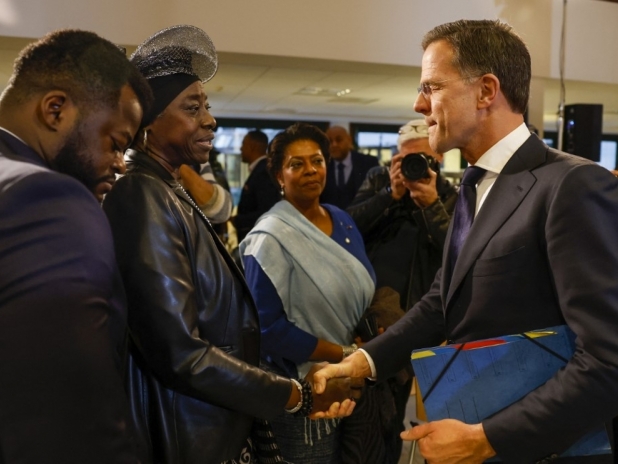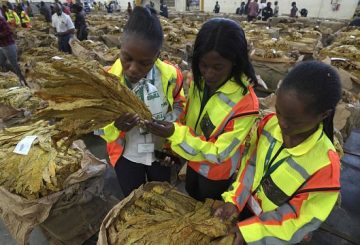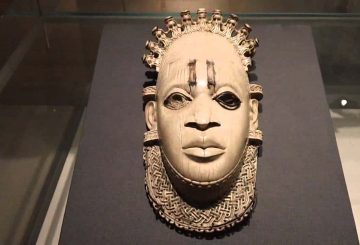On Monday, Dutch Prime Minister Mark Rutte issued an official apology for the Netherlands’ involvement in slavery, calling it a “crime against humanity.” The apology comes nearly 150 years after slavery ended in the country’s overseas colonies, including Suriname, Indonesia, and Caribbean islands like Curacao and Aruba.
In a speech at the National Archives in The Hague, Rutte said, “The Dutch State of the Netherlands… bears responsibility for the great suffering inflicted on enslaved people and their descendants.” He also repeated the apology in English, Papiamento, and Sranan Tongo, languages spoken in the Caribbean and Suriname.

While some, like Aruba’s Prime Minister Evelyn Wever-Croes, have accepted the apology, others have criticized the lack of concrete action or dialogue. Iwan Wijngaarde, head of the Federation of Afro-Surinamese, said, “I don’t see much with regard to action by the Netherlands and it’s a shame.”
Armand Zunder, president of Suriname’s national reparations commission, added, “What was completely missing in this speech was responsibility and accountability.” The Dutch government has announced a $212 million fund for social initiatives, but Zunder said, “We think that in time there should be a fund which is counted in terms of billions.”
The Netherlands funded its colonial empire and “Golden Age” in the 16th and 17th centuries through the slave trade, shipping around 600,000 Africans to South America and the Caribbean.
At the height of its empire, the country had colonies in Suriname, Curacao, South Africa, and Indonesia. In recent years, the Netherlands has been confronting the fact that its museums and historic towns were largely built on the profits of slavery.
The Black Lives Matter movement has also brought attention to racism in Dutch society, leading cities like Amsterdam, Rotterdam, The Hague, and Utrecht to formally apologize for the slave trade.
Rutte had previously resisted apologizing for slavery, saying it was too far in the past and that an apology would stir tensions in a country where the far right remains strong. However, his change of tack has not pleased everyone.
Sint Maarten’s Prime Minister Silveria Jacobs called it a “forced apology” but invited dialogue, saying, “We are not at the stage that we can either accept or reject the statements/apologies.” Some groups and affected countries have also criticized the lack of consultation by the Netherlands as reminiscent of a colonial attitude.
- Tags: Black, Dutch, Netherlands, Slavery





